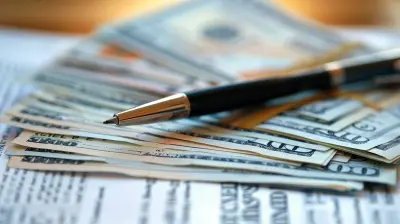Should You Cancel Your Credit Card? Pros and Cons Explained
29 September 2025
Let’s face it—credit cards can feel like a love-hate relationship. One minute they're helping you earn rewards and building your credit score, and the next? They’re tempting you into buying that third pair of sneakers you didn’t need. So, what happens when you start to wonder if it’s time to cut ties and cancel a credit card for good?
If you're confused about whether ditching your card is a smart move or a financial faux pas, you're not alone. The decision to cancel a credit card is more than just cutting up plastic—it can actually affect your credit score, financial flexibility, and even your peace of mind.
In this article, we’re going to break it all down—no jargon, no fluff. Just real talk about the pros and cons of canceling your credit card, so you can make a decision that feels as good as that moment when you finally pay off your balance. Let’s get into it.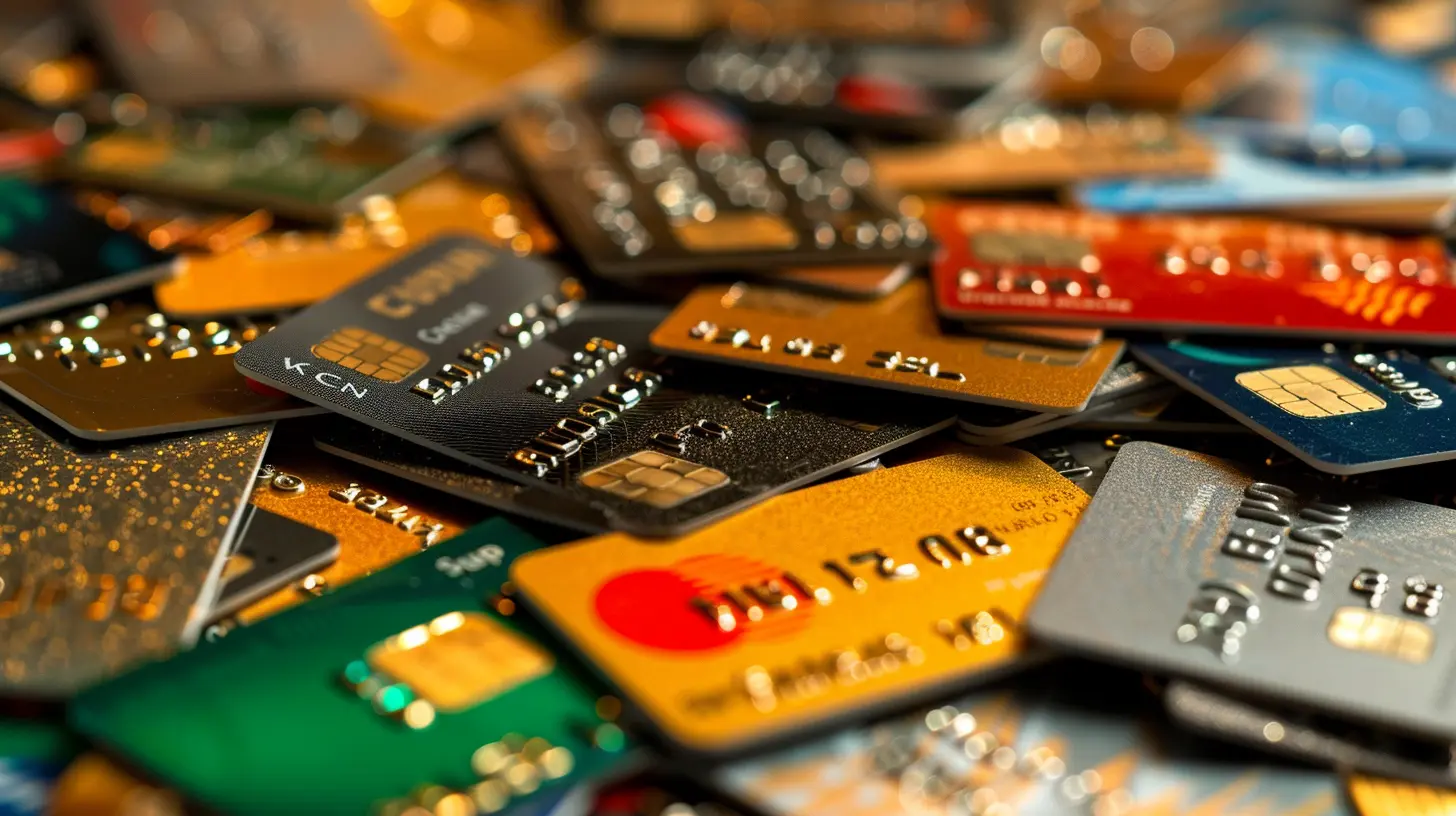
Why Would You Even Want to Cancel a Credit Card?
Before we get into the nitty-gritty, let’s pause for a minute—why are you thinking about canceling your credit card in the first place?Here are a few common reasons people consider:
- High annual fees that just don’t feel worth it anymore.
- Temptation to overspend—because your card feels like Monopoly money.
- Rarely using the card so it’s just gathering dust in your wallet.
- Poor customer service or annoying changes in terms.
- A desire for financial simplicity—one card to rule them all!
If you’re nodding along, it might be time to weigh the benefits and downsides. Let’s start with the silver linings.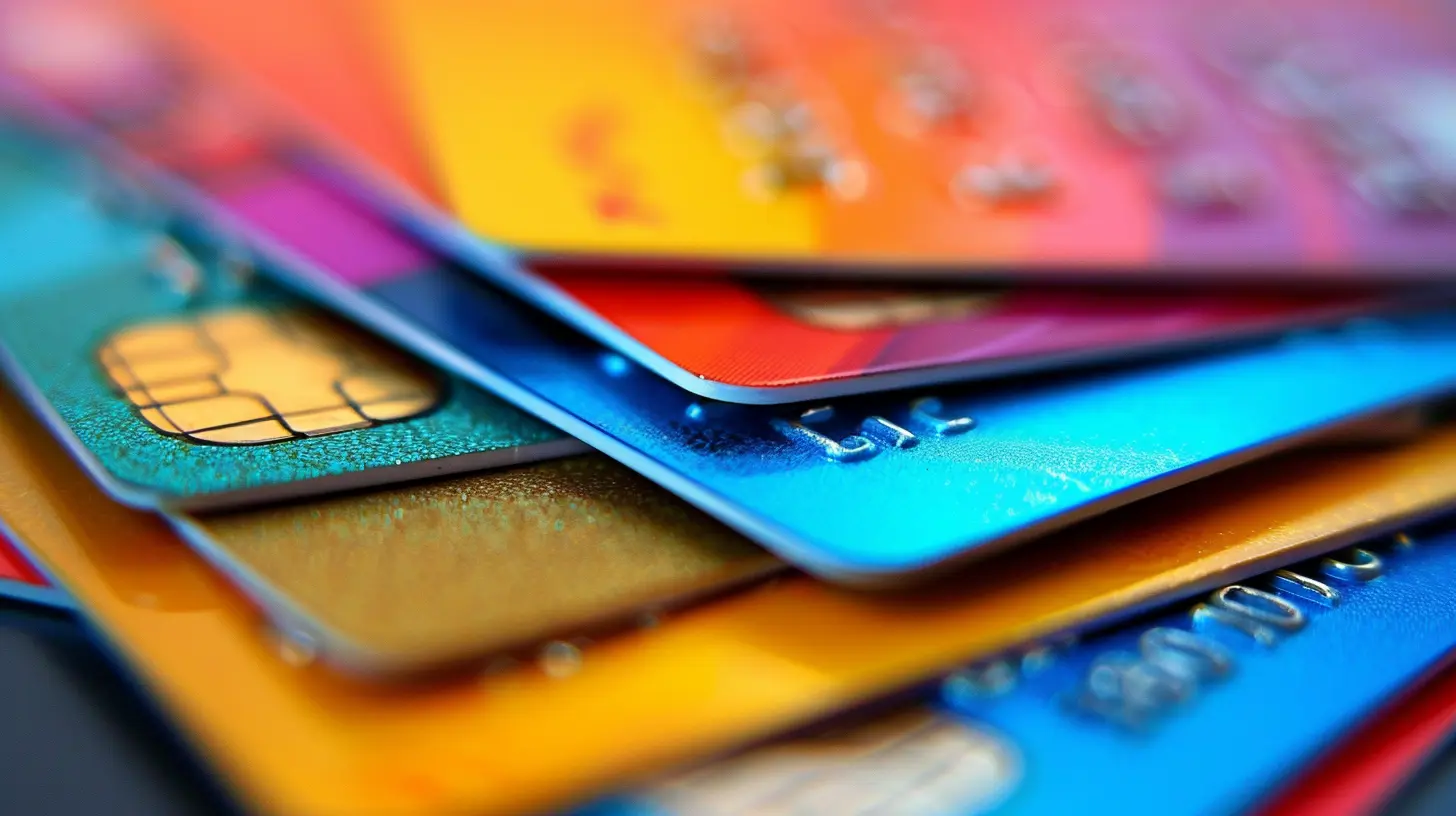
Pros of Canceling Your Credit Card
1. Curbs Overspending Habits
If you’ve ever opened your bank app with one eye closed—hoping the damage isn’t too bad—you’re not alone. Canceling a card can be the ultimate self-control move.Without that extra line of credit, you’re less tempted to impulse-buy during a late-night online shopping spree. It’s like removing the cookie jar from the counter—you’re just making it harder to "accidentally" indulge.
2. Avoid Those Sneaky Fees
Some credit cards come with annual fees that make you wonder, “Wait, what exactly am I paying for again?” If you’re not using the perks—like travel lounges, cashback, or points—those fees can add up over time. Canceling a fee-heavy card that’s not pulling its weight could save you a tidy sum each year.3. Simplifies Your Financial Life
Keeping track of multiple cards, payments, due dates, and rewards can get chaotic fast. If you're aiming for minimalist money management, canceling unused or unhelpful cards can help clear the clutter. One or two reliable cards are often all you really need.4. Ends Your Relationship with a Bad Lender
Bad customer service or sketchy practices? You don’t have to stick around. If your credit card company feels more like a toxic ex than a helpful partner, canceling could bring some much-needed financial peace of mind.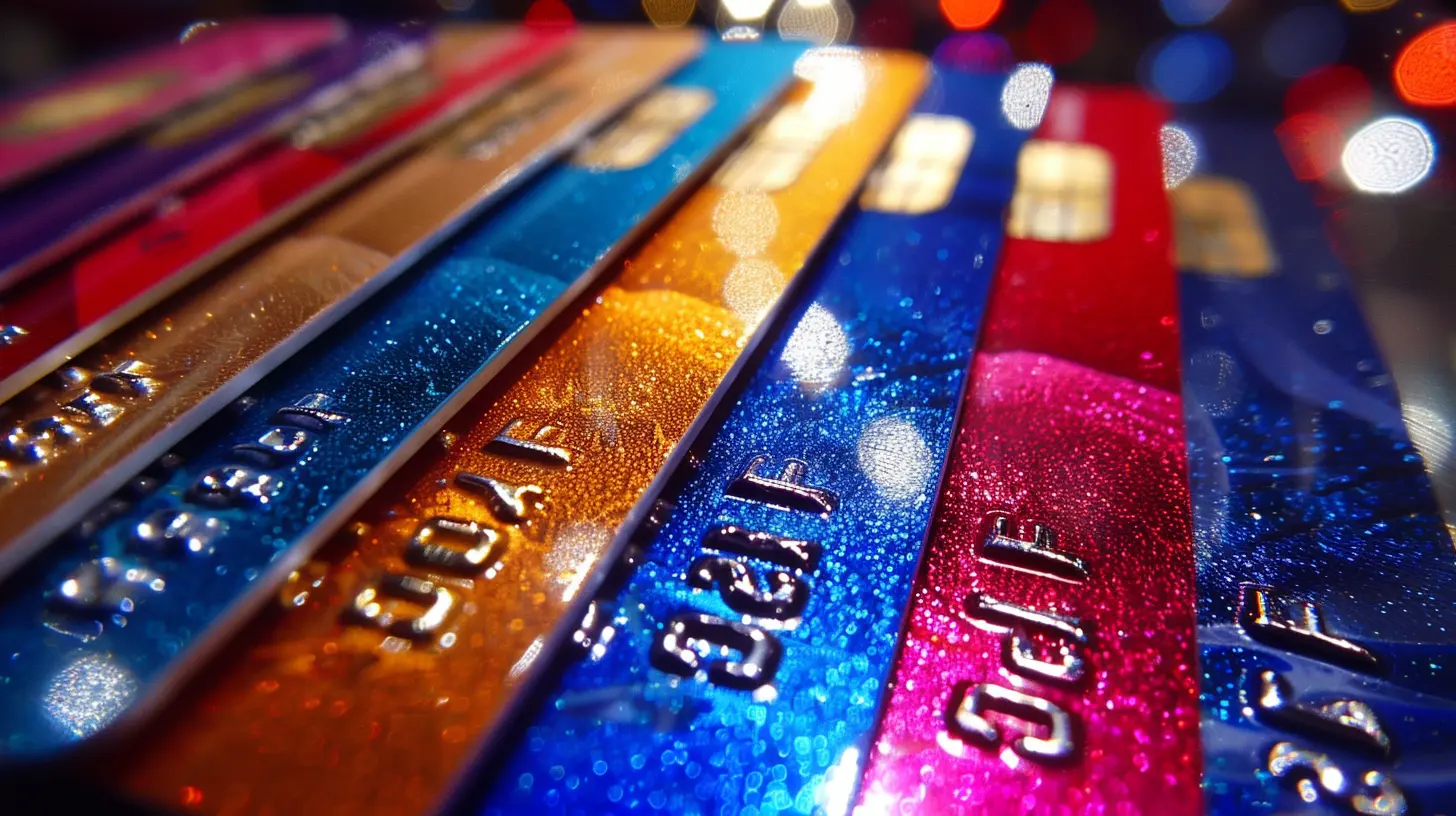
Cons of Canceling Your Credit Card
Alright, now for the not-so-great side of breaking up with your card.1. It Can Hurt Your Credit Score
Here’s where things get a little technical—but stick with me.Canceling a credit card can lower your credit score in two big ways:
- It reduces your available credit, which increases your credit utilization ratio (a fancy term for how much credit you’re using compared to how much you have).
- It shortens your credit history, especially if the card you cancel is one of your older ones.
Credit utilization and credit history are key ingredients in your credit score recipe. And when you change them? The final dish might not taste so great.
2. You Lose Access to Credit in Emergencies
Even if you don’t use your card regularly, having that extra line of credit can be a lifesaver in a financial pinch. Emergencies happen—car breakdowns, medical bills, or last-minute travel. Cancel a card, and you could lose that safety net.3. Say Goodbye to Rewards and Perks
Some cards come with juicy benefits—think travel insurance, cash back, or free credit scores. Cancel the card, and say farewell to all those perks, especially if they’re hard to find elsewhere.4. It Might Be Difficult to Get That Card Again
Here’s something you might not know: if you cancel a credit card—especially one with elite status or special rates—it might not be easy to get it back later. Credit card companies change their offers all the time, and you might not qualify for the same terms again.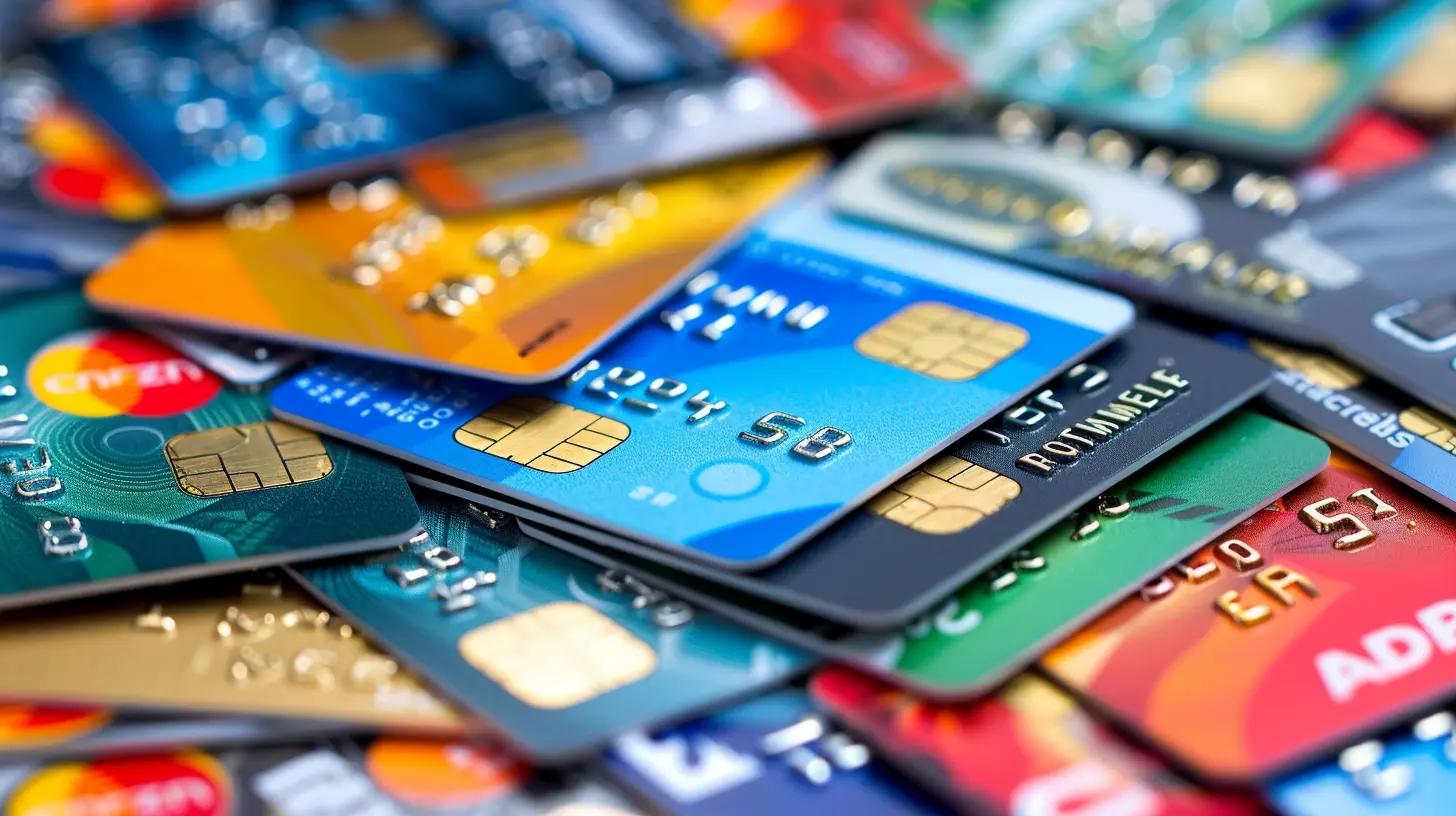
When Canceling a Credit Card Is a Smart Move
Canceling a credit card isn’t always a bad idea. In fact, there are times when it’s the right thing to do.Here’s when it might make sense:
- You’re paying high fees for benefits you never use.
- The card encourages bad spending habits.
- Your credit utilization is low and won’t be heavily impacted.
- You’re switching to a better card with more perks and rewards.
- You’ve already built a strong, long credit history and have other active accounts.
If any of those sound like your current situation, canceling could be a step in the right direction.
When You Should Think Twice Before Canceling
On the flip side, here are a few times when it's probably better to just hold onto the card.1. It’s Your Oldest Credit Card
Older cards give your credit history a boost. If you ax your oldest card, your average account age could tank—and that might drag your credit score down with it.2. You’re Carrying a Balance on Other Cards
Remember that credit utilization thing we talked about? If you cancel a card while carrying a balance on others, your utilization jumps up. That’s a red flag for lenders and could mean a score drop.3. You’re About to Make a Big Purchase—Like a House
If you’re applying for a mortgage or car loan soon, don’t rock the boat. Lenders will be eyeballing your credit history with a magnifying glass, and you want your score to be as shiny and impressive as possible.Alternatives to Canceling Your Credit Card
So what if you’re not happy with the card—but you also don’t want to nuke your credit score?Here are a few “middle ground” options:
1. Downgrade the Card
Many credit card issuers let you switch to a no-fee or lower-tier version of your current card. You keep your credit line and history intact—without the hefty annual fee.2. Lock the Card Away
If temptation is the problem, consider "freezing" the card—literally or digitally. Put it in a drawer, remove it from your wallet, or even ask the company to temporarily suspend it. Out of sight, out of mind.3. Use It Occasionally for Small Purchases
Keeping a card active doesn't mean you have to go on a shopping spree. Use it to pay for your Netflix subscription or a monthly coffee run, then pay it off in full. This keeps the account active without racking up debt.How to Cancel Your Credit Card the Right Way
Okay, so you've weighed the pros and cons, and you've decided canceling is the way to go. Smart! But don’t just cut it up and call it a day.Here’s how to do it the right way:
1. Pay Off the Full Balance
This is key. Don’t cancel a card with a balance on it—you’ll still owe the money, but you won’t be able to use the card or access benefits.2. Redeem Any Remaining Rewards
Use up points, cashback, or any perks before you say goodbye. Once the account is closed, poof—those rewards vanish.3. Contact Customer Service Directly
Call or message customer support to request card cancellation. Make sure to get confirmation that your balance is zero and the account is officially closed.4. Check Your Credit Report
A few weeks after cancellation, check your credit report to make sure everything looks right. You can access a free report once a year from each of the major credit bureaus.Final Thoughts: Should You Cancel or Not?
Like a lot of money decisions, canceling a credit card isn’t black and white. It all depends on your financial habits, credit history, and long-term goals.Think of your credit card like a tool—it can help or hurt depending on how you use it. So before you reach for the scissors, pause and consider what canceling will really do for your financial picture.
Whether you keep it, cancel it, or downgrade it, the most important thing is that you make a choice that supports your long-term financial wellness.
So—what’s it gonna be?
all images in this post were generated using AI tools
Category:
Credit CardsAuthor:

Harlan Wallace
Discussion
rate this article
1 comments
Hailey Young
In the dance of debt and credit's grace, A card can hold both charm and trace. Weigh the pros, the cons intertwined— In balance lies your peace of mind. Choose wisely, let your wealth unwind.
October 20, 2025 at 11:29 AM

Harlan Wallace
Thank you for your thoughtful reflection! Indeed, finding balance in managing debt and credit is essential for financial well-being.

